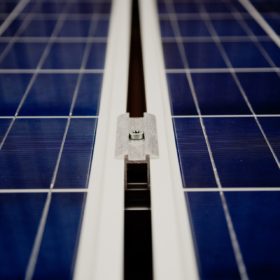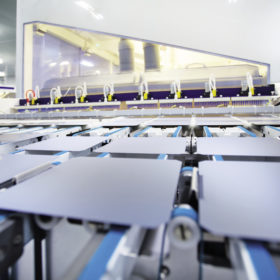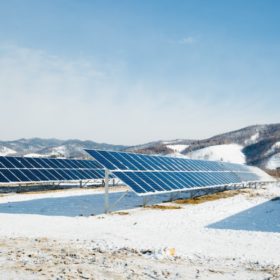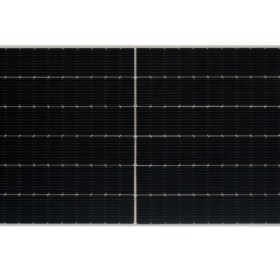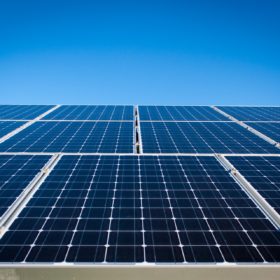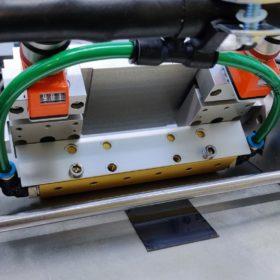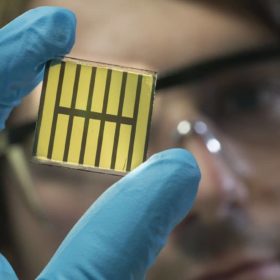III-V multi-junction solar cell with 39% efficiency
Finnish scientists have developed a four-junction solar cell based on III-V semiconductor materials that is said to be able to achieve a wide spectral coverage. The cell was monolithically grown on gallium arsenide by molecular beam epitaxy (MBE).
Hard times for french PV module maker Photowatt
According to French financial newspaper Les Echos, EDF, the main shareholder of PhotoWatt, is considering closing the production in Bourgoin-Jallieu. The Auvergne-Rhône-Alpes regional council is mobilizing to save the company and announces that a regional company may acquire the module manufacturer.
Chinese PV Industry Brief: Increasing polysilicon prices and new supply deals
PV Infolink reported a considerable increase in prices for polysilicon and wafer prices for last week. Both products saw their average price increase by over 9% compared to the previous week.
New parameters to improve prediction models for snow cover
Canadian scientists have developed a way to improve the short-term models used to forecast the impact of snow on PV arrays. The parameters include the warming effect of irradiance on the backs of panels, thermal capacity, and irradiance through snow.
Solar modules prices rose by up to 15% in China, Jinko’s vice president says
According to JinkoSolar vice president Dany Qian, PV panel prices rose significantly since the second quarter of last year due to an increasing shortage of polysilicon, glass, silver, and module frames. She also stated that rushing demand cannot stop prices from rising for at least the next six months or longer, until sufficient capacity ramps up.
Chinese PV Industry Brief: Thinner wafers, rising profits and new solar ambitions for Yunnan Province
Goodwe and Irico have both announced rising revenue and profits for the fiscal year 2020. Zhonghuan Semiconductor intends to produce thinner wafers to respond to increasing polyisilicon prices. The southwestern province of Yunnan wants to add another 15 GW of clean energy to its power generation mix.
Metal-perovskite-metal back contact solar cell with 4.31% efficiency
A numerical study by researchers at India’s Chitkara University has shown enhanced charge extraction in metal-perovskite-metal back-contact solar cell structure through electrostatic doping. The proposed design yielded a 59.4% improvement in power conversion efficiency over previously reported structures.
Mini perovskite solar module with 18% efficiency from CEA-INES
The mini panel has a surface of 10 cm². It was built with a manufacturing technique that is claimed to be compatible with the integration of perovskite into heterojunction silicon solar cells in tandem architecture.
MIT scientists develop perovskite solar cell with 25.2% efficiency
The US researchers claim to have achieved the remarkable result by adding a special conductive layer of tin dioxide bonded between the conductive layer and the perovskite material. They also improved the perovskite layer special additives that do not alter the material’s bandgap.
New process to assess quality of perovskite semiconductors
According to German scientists, the quality of the photoluminescence quantum yield of the perovskite layers can be reliably and precisely determined for the first time. It shows that the promising material has more potential for optimization than previously assumed.

